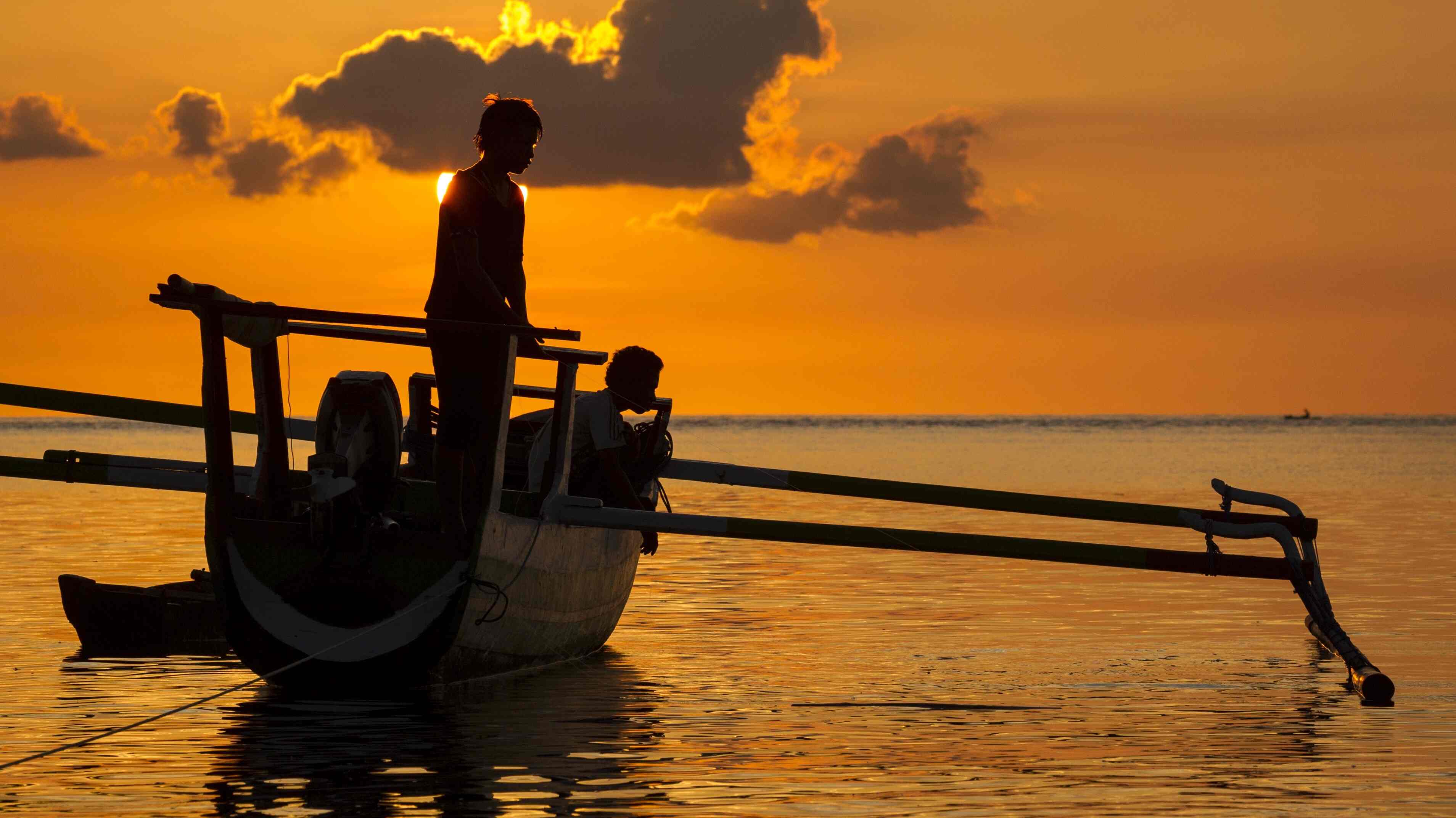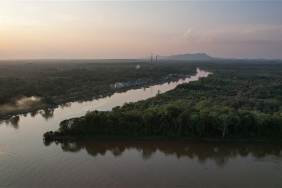IT’S TIME TO PROTECT INDONESIAN OCEAN: ASK THE ORIGIN OF SEAFOOD PRODUCTS
Author: Natalia Trita Agnika
“My ancestors are sailors, wading through vast ocean. Charging into waves, no fear in their eyes. Riding through storms, it is alright!” A part of Indonesian children song “Nenek Moyangku” or ‘My ancestors’ started the Tavip Puppet show in Festival #BeliYangBaik (#BuyGoodProduct) hosted by WWF-Indonesia on last Saturday (08/08) in Bintaro Xchange Mall, South Tangerang. The puppet master told a story about the wealth of Indonesian sea. Through articulated moves by the puppet made from used products, the visitors were given a picture of how rich the Indonesian sea is, from its abundant fish, its various kinds, to its vast size.
Yes, Indonesia is a maritime country blessed with a wealth of marine resources. If we look at from the sea area, Indonesia is the biggest maritime country in the world given its 2/3 sea size proportionally. According to Indonesian Marine Committee, the economic potential value of marine resources in Indonesia in 2013 reached USD 171 billion dollar/year. To put it in another word, ocean is an extraordinary asset for Indonesia. Similar to its economic value, Indonesian Sea also boasts high ecological value. Indonesia has the most diversed marine biodiversity in the world, be it genetic, species, or ecosystem. For example, more than 37% from all fish species worldwide are located in Indonesia.
However, this asset is degrading fast. In the report titled “Reviving the Ocean Economy: The Case for Action – 2015” published by WWF on April 23rd 2015, the threats has no plan of stopping anytime soon. Various pressures have been put into marine habitat such as resources overexploitation, pollution and climate change.
Governments are beginning to take illegal fishing seriously as it cost the country hundreds of trillion rupiah every year in order to improve its maritime economy. How about us? We cannot deny that we are experiencing a decline in several marine species population. In fact, we have the greatest responsibility. Overfishing happened due to high demand of seafood, and it is often done by degrading the environment such as using bombs, cyanide and bottom trawl. Those degrading practices makes fish population decline overtime, and not only that, it makes the ecosystem worse.
As an urban society, we too have the responsibility to take care of our marine resources by being a selective consumers, starting with asking on the origin of the seafood we usually buy, buy an environmentally-friendly products or ask producer to make good products. Those manners may look simple, but it gives significant impact.
You are free to use all the help you can get by using Seafood Guide to choose the right seafood for you. In this guide, there are listed which species are still safe in population to be consumed and which species to avoid due to its declining numbers. Starting now, let’s protect our national resources and implement a green lifestyle.





